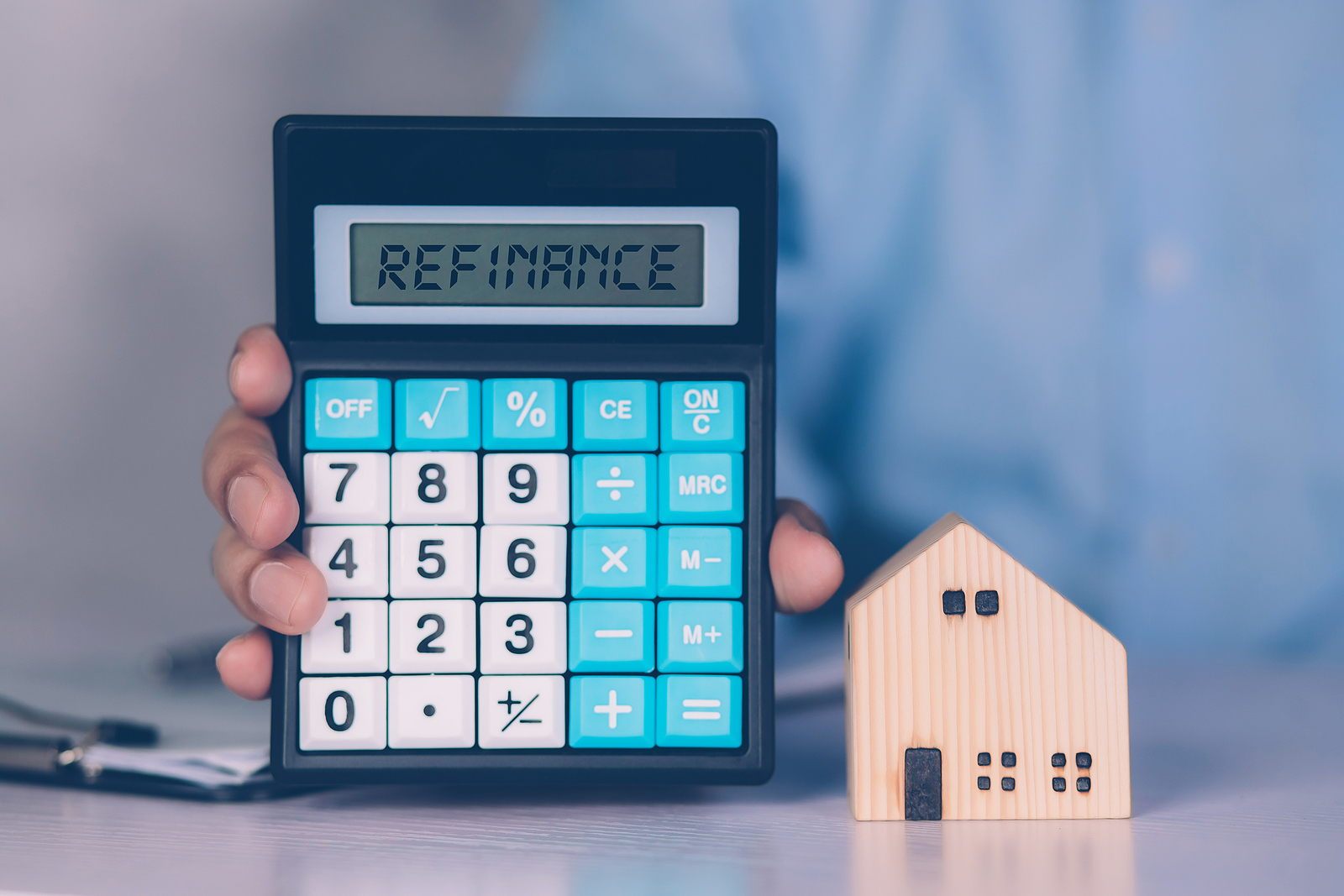Should I Refinance My Mortgage?
You may have refinanced an auto loan or transferred your credit card balance to a lower interest credit card. But did you know you can refinance your mortgage, too? Mortgage rates remain historically low, making it a great time to refinance a higher-rate mortgage and save money.
What is a Mortgage Refinance?
Refinancing your mortgage means that another lender takes possession of your loan, often for a lower rate or better term. Reasons to refinance your mortgage include:
- Lower your interest rate. You can lower your monthly payment and often save tens of thousands of dollars over the life of your loan.
- Shorten the term of your mortgage. If you have the ability to pay your loan off faster, this can also save you years’ worth of interest charges.
- Choose a new loan type. Explore more options available to choose from that may not have been available before. If you didn’t get a fixed rate, you can refinance to lock in a low rate for the rest of your loan term.
- Maximize equity in your home. If your home has gained value since you closed, a refinance allows you to tap into the value of your home and access equity to finance large purchases, consolidate debt, or renovate your home.
Why Refinance Your Home?
You have options. No matter what your needs are, a refinance can help. Even half of a percentage point difference on your interest rate saves you hundreds of dollars a year.
You may also adjust your term to either pay your loan off faster or lower your monthly payment by extending your loan term.
 Gulf Winds Refinance. Click here to learn more about refinancing with Gulf Winds.
Gulf Winds Refinance. Click here to learn more about refinancing with Gulf Winds.
When is Mortgage Refinance a Bad Idea?
When you refinance a loan, you do have to pay closing costs again, which usually represent between three and six percent of your loan’s value.
For a $200,000 loan, you may spend anywhere from $6,000-$12,000. After talking to a mortgage loan officer, you can determine if the long-term savings outweigh the refinancing costs.
How Can I Save on Closing Costs?
- Improve your credit. Be sure to make payments on time and focus on paying down debt before refinancing. A better credit score means a lower interest rate on your refinance.
- Review your loan estimate. Ask questions about anything that you don’t understand. Some services and related fees are optional, meaning you can sign to waive them and save some money.
- Use the same title company. If it’s possible, complete your refinance through the same title company that completed your original mortgage. Since they have all your original loan documents, you can save on not having them pulled a second time.
- Avoid refinances that boast no closing costs. There are always fees associated with refinancing your mortgage. If you don’t pay the fees upfront, they are worked into the price of your loan. This raises your monthly payment and leads to paying more interest over the life of your loan.
Talk to a member of the Gulf Winds Mortgage Team today and find out how a mortgage refinance can improve your financial life.